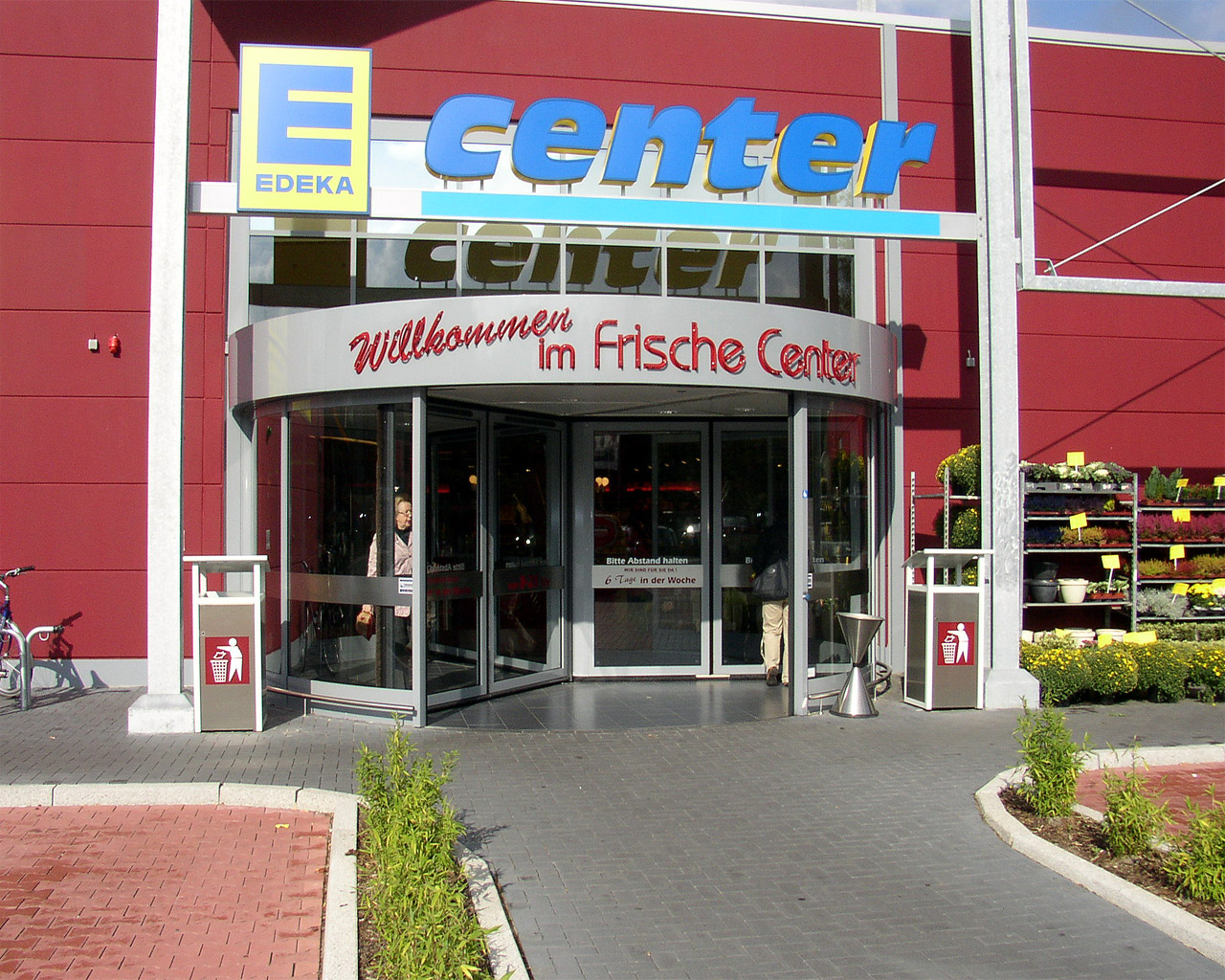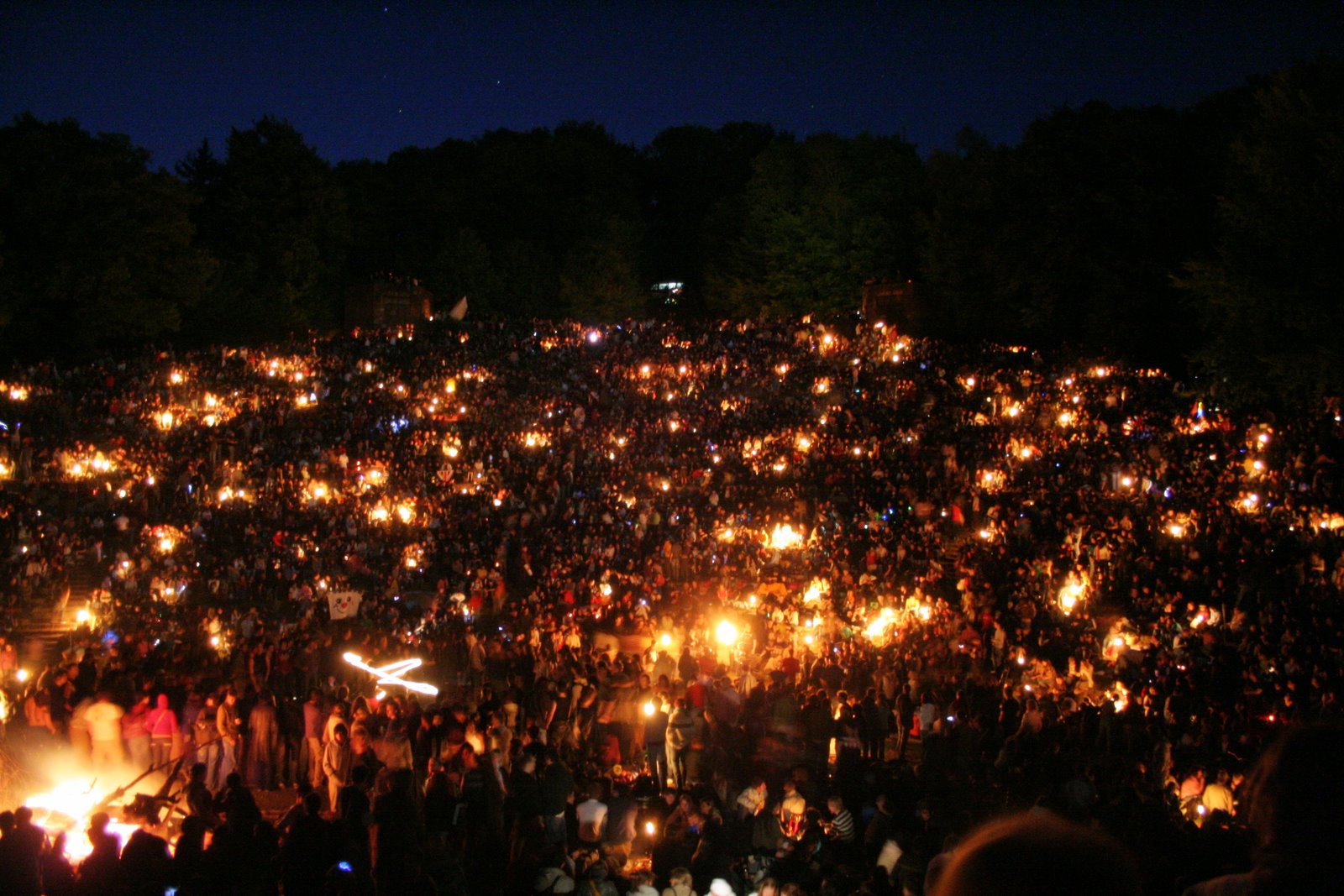How to introduce yourself politely in Germany
Besides, people shake hands everytime when they meet in Germany. It's impolite to keep your hands in your pockets and you should make eye contact with the person you're shaking hands with.
Businesses and Restaurants
When you come to a crowded restaurant, it won't be uncommon to share a table with complete strangers. You don't need to start a conversation with them, the only thing you need to do is saying "Guten Appetit" ("Enjoy your meal") when the meals are served.
Especially in summertime, you will see Germans eating outside of the restaurant. It's also not unusual to see the dog the family brought along underneath the table - of course with its leash. When you're eating out with your friends it's also common to pay seperate. Another interesting thing to know is that the tip is already included to the price of the food you ordered. Still you should round up to the nearest price when you pay your bill.

Privacy
German Holidays
| HOLIDAYS | DATE |
|---|---|

| General Facts | History | Culture | Education | Sport | Food |